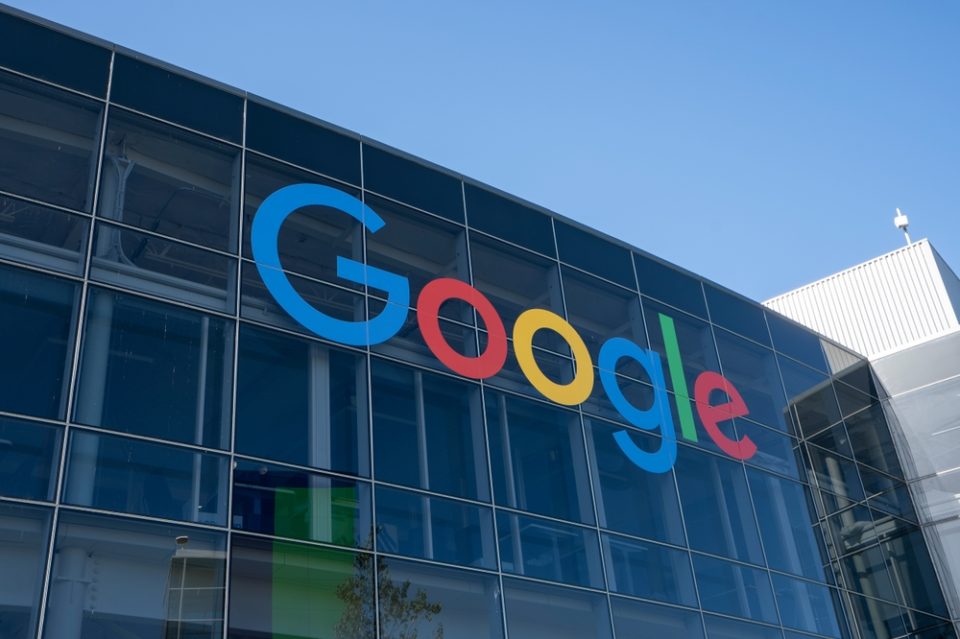Federal proposal targets tech giant’s search engine supremacy with sweeping reforms

The battle for digital freedom
Google is facing its biggest challenge yet as federal regulators and state attorneys general join forces to take on the tech giant’s dominance in the search engine market. Spearheaded by D.C. Attorney General Brian L. Schwalb and 38 state counterparts, this antitrust case could radically alter the way Google operates, making it a pivotal moment in the history of digital competition.
Revolutionary reforms
At the heart of the legal battle is a bold proposal aimed at dismantling Google’s stranglehold on the search engine market. The reforms target Google’s core strategies, including its default search agreements with popular browsers and devices, as well as its data-sharing practices. By limiting these exclusivities, regulators hope to level the playing field, giving rival companies a fair shot at competing in the market.
If implemented, these measures would mark the most aggressive action yet to restore balance in the digital marketplace, redefining how search engines operate in the future.
Impact on consumer choice
This case isn’t just about corporate competition—it’s about empowering the average internet user. For years, Google‘s default agreements have shaped how millions of people access online information, often leaving them with little choice but to rely on Google’s services.
By mandating data-sharing policies and outlawing exclusive default arrangements, the reforms aim to create a more diverse ecosystem of search providers. This means consumers could have more control over which platforms they use and how their personal data is handled.
A win for the regulators could mean a digital world where innovation thrives, with smaller competitors able to offer unique alternatives to Google’s search services.
Google’s strategic defense
Unsurprisingly, Google isn’t backing down without a fight. The tech giant argues that its dominance stems from superior technology and a better user experience—not anti-competitive practices.
Google warns that the proposed changes could backfire, leading to diminished search quality and stifled innovation. The company insists that its ability to integrate services seamlessly is a result of years of technological advancement, not restrictive contracts.
Technological transformation
This case comes at a time of rapid innovation in digital technologies, with artificial intelligence (AI) and machine learning transforming how people interact with online platforms. Google has been at the forefront of these advancements, from AI-powered search tools to personalized recommendations.
However, this technological prowess complicates the antitrust debate. Regulators must balance their desire to curb monopolistic behavior with the need to preserve innovation in the tech space.
The question remains: how can competition be encouraged without jeopardizing the advancements that have made platforms like Google indispensable to billions of users?
Market dynamics
Beyond search engines, the outcome of this case could ripple through the entire digital advertising ecosystem. Google’s advertising platform is deeply intertwined with its search engine dominance, providing the company with unmatched access to data and ad placement opportunities.
If the proposed reforms take effect, they could fundamentally change the way digital advertising operates. Smaller players could gain a foothold, challenging Google’s dominance and creating opportunities for businesses to diversify their marketing strategies.
For companies reliant on Google’s platforms, this shift could mean adjusting to new rules that prioritize fairness over convenience.
Future implications
The stakes of this antitrust case go far beyond Google. Its outcome could set global precedents for regulating tech giants, influencing how governments approach digital competition in other regions.
A favorable ruling for the regulators could inspire similar actions against other major platforms, while a win for Google could embolden tech companies to maintain their strongholds on digital markets.
As the legal proceedings unfold, the world watches closely. This case isn’t just about one company’s dominance—it’s about defining the future of competition, innovation, and consumer choice in an increasingly digital world.
What’s next for the digital landscape
No matter the outcome, the Google antitrust case signals a turning point for the tech industry. It’s a bold challenge to the status quo, forcing companies to rethink how they operate and prompting regulators to reimagine how to foster a fairer digital economy.
For consumers, this could mean more transparency, better choices, and a stronger voice in shaping the platforms they use daily. But for now, the fate of digital freedom lies in the hands of the courts, and the verdict could reshape the internet as we know it.














